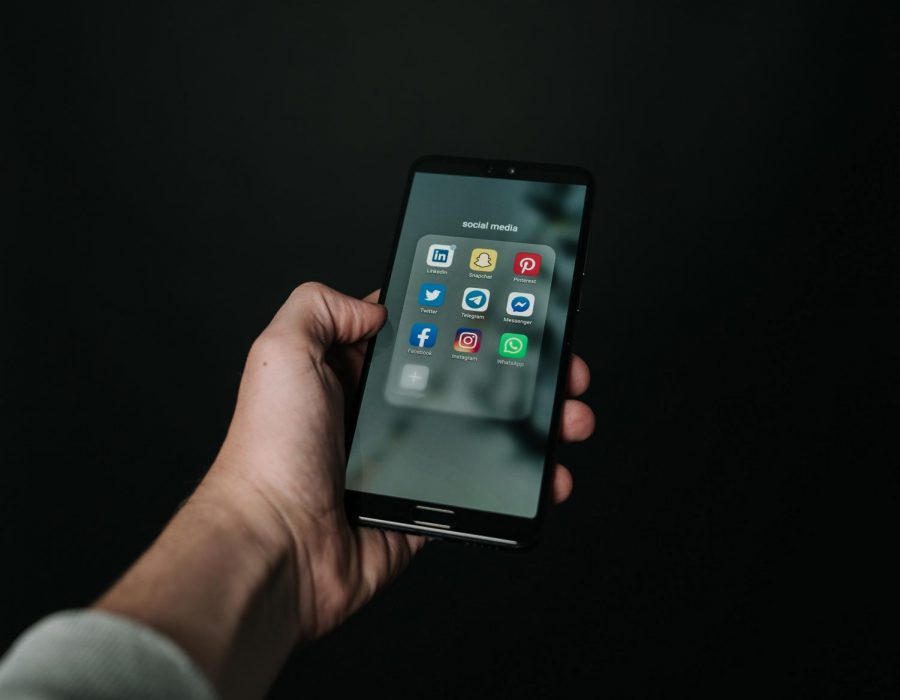Social media has changed the world
Opinion Writer Samantha Goodman expresses how social media has changed society.
Sep 12, 2019
Social media appears to be the future, and few would deny that. Businesses are posting job openings to find employees on Facebook. Companies are offering positions in social media management. Professors are promoting open discussions for communication and idea sharing through posts in feed forums such as Blackboard. While members of the Millennial generation and Generation Z are often criticized about their “addictions” to social media, an argument could be made that this dependency is necessary in today’s society.
Social media has its positive and negative outcomes, as most everything in life does. Positively, it allows for learning new skills and information, exchanging pictures, sharing breaking news and communicating with friends and family from most anywhere in the world. Negatively, the increasing presence of social media is often linked with an increasing rate of mental illness, depression and even suicide.
The “Me Too” movement was promoted and encouraged by social media, providing an outlet for people to have their voices heard as rape victims. In People v. Turner (2015) “a former Stanford swimmer who sexually assaulted an unconscious woman was sentenced to six months in jail” with three counts of felony sexual assault, according to Katie J.M. Baker with BuzzFeed News. The victim, Chanel Miller, told her story through social media, and it spread quickly. Some people who could relate to her situation felt they could personally speak out after hearing her story. Social media allowed Miller to explain details and gain support from through comments and likes. While her post also attracted negative attention, it clearly pulled on the heartstrings of people around the world.
Millennials are uniquely characterized as a different social group by other generations, according to B. Smith in his journal article, “Terms of engagement: Analyzing public engagement with organizations through social media.” Due to this, many companies have adapted to the needs and desires of millennials and altered recruiting techniques, including recruiting through the web (Smith, 2015). On his blog, Sam Sandler (2017) asks his readers, “Think about your recruiting efforts 10 years ago. Did you ever expect that 86 percent of working people in the first decade of their career would use social media to look for jobs and research potential employers?” The recruiting world has changed, and businesses are taking note.
Social media allows people all over the world to stay more connected than ever before, increasing the presence of the phenomenon called FOMO (fear of missing out). With access to millions of social media accounts at the fingertips, users can easily learn if they are not invited to events and can feel left out. Elina Mir and Caroline Novas, from the National Center for Health Research, explain a report from the American Academy of Pediatrics, which states that social media (particularly Facebook) can make kids feel “inadequate due to the ‘in-your-face’ friend tallies, status updates, and pictures of others having a good time” (Mir and Novas, 2019). However, these feelings are trying to be prevented through the realization that all social media is not reality.
Whether users are sharing pictures, experiences and stories, or are adapting to the digital world of business, or are being consumed by FOMO, social media is now the primary cause and will remain so, at least for the foreseeable future.








